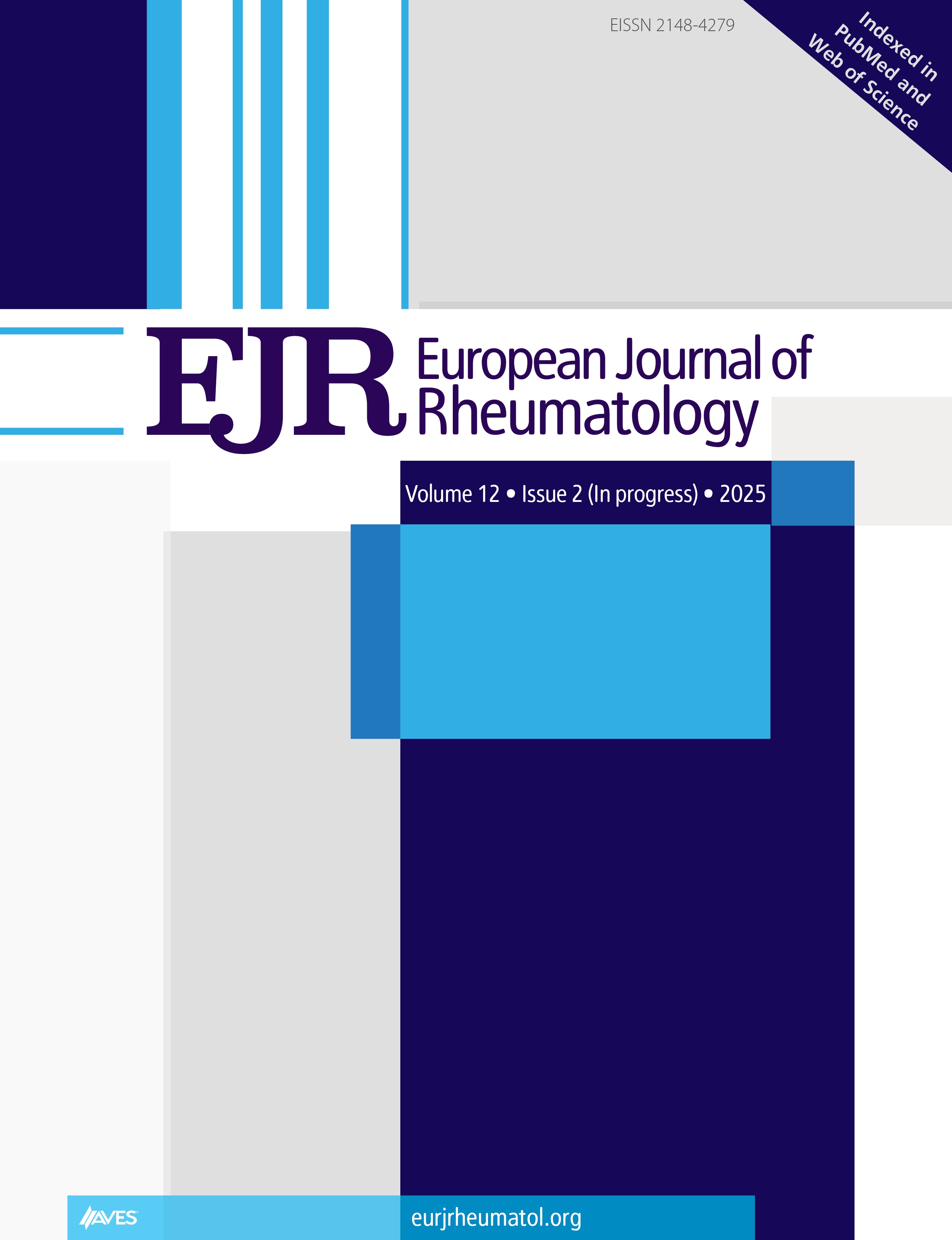Systemic sclerosis (scleroderma, SSc) is a systemic disease characterized by vascular lesions, fibrosis, and circulating autoantibodies. A complex interplay between innate and adaptive immunity, and with regard to the latter, between humoral and cellular immunity, is believed to be involved in SSc pathogenesis. Lately, close attention has been paid to the role of B cells which, once activated, release profibrotic cytokines, promote profibrotic Th2 differentiation, and produce autoantibodies. Several novel interesting autoantibodies, targeting antigens within the extracellular matrix or on the cell surface, rather than the nuclear antigens of canonical SSc-autoantibodies, have been recently described in patients with SSc. As they show stimulatory or inhibitory activity or react with structures involved in the pathogenesis of SSc lesions, they can be considered as potentially pathogenic. In this paper, we will review those which have been better characterized.
Cite this article as: Benfaremo D, Svegliati Baroni S, Manfredi L, Moroncini G, Gabrielli A. Putative functional pathogenic autoantibodies in systemic sclerosis. Eur J Rheumatol 2020; 7(Suppl 3): S181-6.



.png)